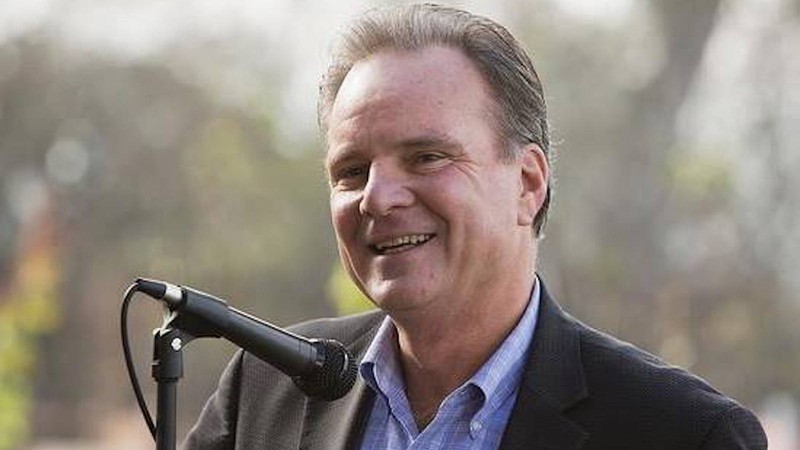
Supervisor Dave Cortese proposed a basic income bill to assist young adults leaving foster care. Photo via Dave Cortese Facebook page. Public Domain
Santa Clara County this month approved a program to pay $1,000 per month to young adults moving from foster care into communities to live on their own, according to a report by San Jose Spotlight writer Nicholas Chan. The program is the first in the United States to provide a basic income for foster youth.
Funded at $900,000, the pilot program will provide the payments for former foster kids between the ages of 21 and 24, from June of this year, to May of 2021.
“Particularly in a post COVID-19 world, economic mobility will be slow for many, and even more pronounced for these youth,” wrote Dave Cortese, the District 3 county supervisor who proposed the cash payment plan, in an op-ed for Spotlight. “This program will give foster youth the tools they need to be successful to help them achieve parity in education, employment and income.”
While none yet qualify as “Universal Basic Income”—which would mean regular payments to all residents of a region—other programs in California and around the country also provide regular cash payments for some segments of the population.
According to Chan’s reporting, the city of Stockton last year approved a program that would grant $500 per month payments to 125 residents. Silicon Valley state Assemblymember Evan Low is now pushing a bill that would provide $1,000 monthly payments to many Californian adults, as well, according to a Spotlight report by Kaie Lauer.
Former Democratic presidential candidate Andrew Yang ran on a platform of Universal Basic Income—which he termed a “Freedom Dividend”—of $1,000 per month for every American over the age of 18. Low was a national co-chair of Yang’s campaign.
There are 72 young adults now making their way out of the foster care system who will be eligible for the new Santa Clara County program, according to reporting by Grace Hase of San Jose Inside. Each recipient will be assigned a county “mentor” who will check in every three months, to provide guidance and financial education, on how to use the payments advantageously.
“Every day, we are asking young people aging out of foster care to choose between education and work,” wrote former county Joint Foster Youth Task Force member John Hogan, in a letter to the supervisors, supporting the basic income program. “Too often, they are forced to choose work, in order to survive. This is a choice that many other children do not need to make.”
Cortese said that after the year-long program is wrapped up, the county will perform a “robust evaluation” of its effectiveness, in hopes that it could become a model for similar basic income programs in other areas of California and the United States, according to a KPIX TV News report.
Short articles summarizing reporting by local news sources with linkbacks to the original content.